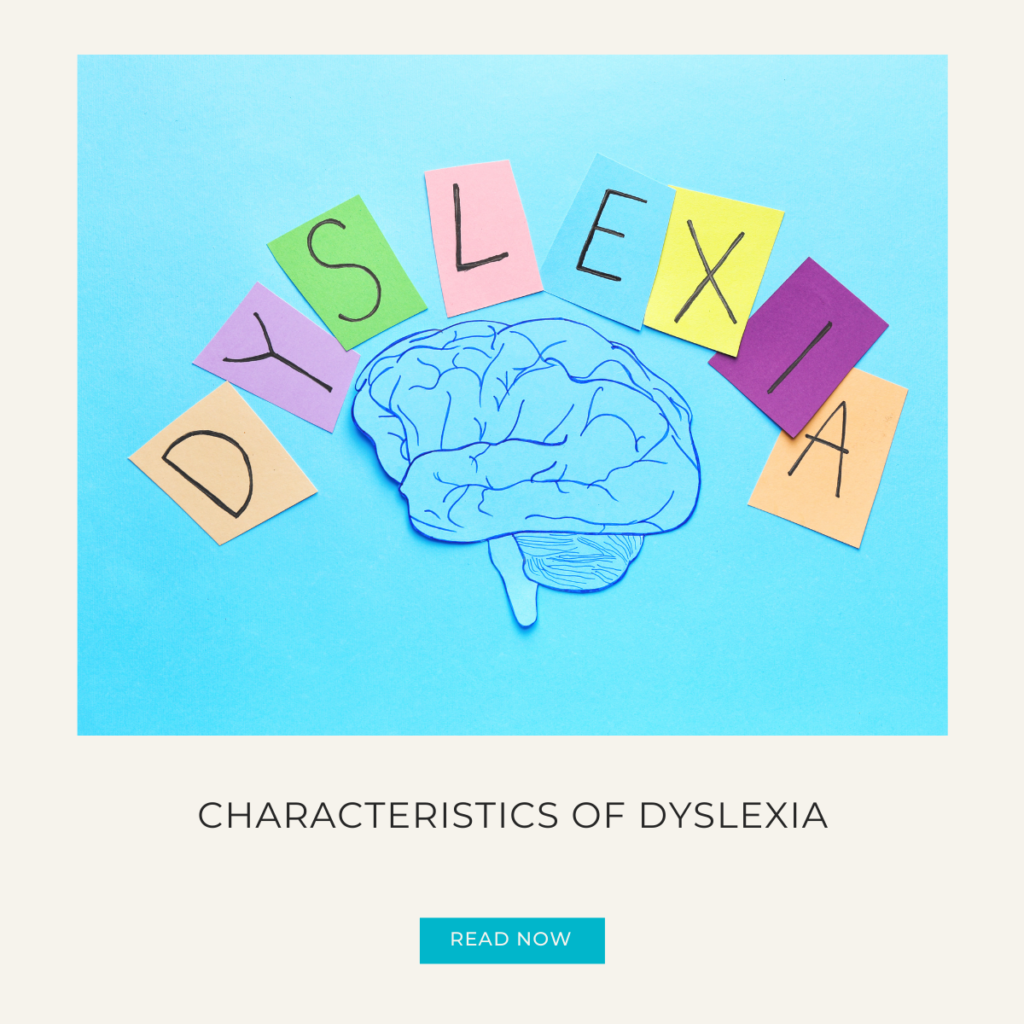
Your daughter can’t get to sleep at night. She was physically sick every morning this week when it was time for school. What is going on? Then you visit her school for a special event and you notice her writing compared to her classmates (not in a good way, you can read what the other students have written but can’t make out what your daughter has written and she “can’t remember” either). What is going on? You notice a friend on Facebook just posted a video of her son reading on the way to school. Yep, then you hear a friend talk about her daughter loving to read her new chapter book before bed. Your daughter is still struggling to learn her sight words. She learns a few and then in a couple of days can’t remember them again. What is going on? It hits you in the gut – your daughter may be dyslexic. Now what?
You do what every good mom does – you start searching Google and Pinterest for everything you can related to dyslexia, right? What are the symptoms and signs of dyslexia? How do you detect or diagnose dyslexia?
Well, you can stop your search now! I’ve done all of the Google searches about children with dyslexia. (Yep, I have read a few books too. Check out my book recommendations.) Mom, I’ve got your back. Don’t listen to what other people are going to tell you! You don’t have to wait until a certain age to diagnose your daughter (or son) with dyslexia. It’s not just developmental (if it’s dyslexia, it won’t just “click” one day).
When do you know your child has dyslexia? Keep reading to find out what most experts will tell you about the characteristics of dyslexia . . .
CHARACTERISTICS OF DYSLEXIA
Students with dyslexia will have several of these characteristics:
- reading difficulties
- difficulty distinguishing sounds in words
- spelling difficulties
- writing difficulties (illegible handwriting)
- vocabulary difficulties
- comprehension difficulties
- delayed spoken language
- difficulty following oral and written directions
- easily distracted
- difficulty in retaining information
- high level of frustration
Older students may also . . .
- read below grade level
- read very slowly with many inaccuracies
- avoid writing
- avoid reading aloud
- trouble in math with word problems
- slow or poor recall of facts
- forget to hand in homework
- difficulty with comprehension
- difficulty with time management
- trouble telling time
Your child may demonstrate strengths in the following areas:
- creativity
- large vocabulary
- great imagination
- spends time building (with legos)
- enjoys solving puzzles
If your son or daughter has many of these characteristics, your next step should be to contact your pediatrician to rule out any other health explanation. Then look for a psychologist who is familiar with dyslexia for a formal evaluation (most school districts will not assess for dyslexia, but you can check with your local public school district to find out – as this is a free option). You may find that a local college or university offers assessments.
If your child is struggling to learn to read, write, and/or with math, your son or daughter may benefit from a reading/math tutor while you determine your next steps. Yes, someone experienced tutoring students with dyslexia.
Ok, now you have a better idea of what is going on . . . what are you going to do? Now let’s get your kiddo the help she needs.
I have been there . . . overwhelmed, frustrated, and angry (and my fair shares of crying and denial). You aren’t in this alone. There are moms who have already walked this path and can help.
P.S. I would love to hear from you. Where are you stuck? How can I help? Let’s chat – email me. – Nicole